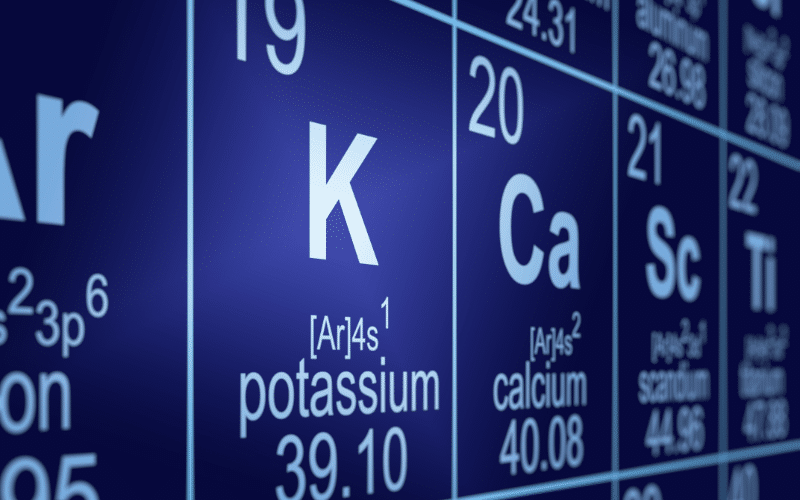Frequently Asked Questions About Low Potassium

What are the symptoms of low potassium levels?
Symptoms of low potassium (hypokalemia) can vary but may include muscle weakness, fatigue, muscle cramps, irregular heartbeat, constipation, and numbness or tingling sensations. In severe cases, hypokalemia can lead to life-threatening complications, such as cardiac arrest. If you suspect you have low potassium levels, it’s essential to consult your healthcare provider for a proper diagnosis and treatment.
How can I increase my potassium levels naturally?
Consuming a balanced diet that includes potassium-rich foods is an excellent way to maintain healthy potassium levels. Foods high in potassium include bananas, oranges, potatoes, sweet potatoes, spinach, tomatoes, avocados, and legumes. If you’re concerned about your potassium intake, discuss your diet with your healthcare provider, who may recommend dietary adjustments or supplements to help you meet your daily potassium requirements.
Can low potassium levels cause high blood pressure?
Low potassium levels can contribute to high blood pressure (hypertension). Potassium helps regulate the balance of fluids and electrolytes in the body, and when potassium levels are low, the body may retain more sodium, leading to an increase in blood pressure. Maintaining healthy potassium levels through a balanced diet, potassium supplements (if recommended by your healthcare provider), and lifestyle modifications can help support healthy blood pressure levels.
How is hypokalemia diagnosed and treated?
Hypokalemia is typically diagnosed through blood tests that measure potassium levels. Depending on the severity and underlying cause of low potassium, treatment options may vary. Your healthcare provider may recommend dietary adjustments, potassium supplements, or medications to address the underlying cause. In severe cases, intravenous (IV) potassium administration may be necessary to correct the imbalance quickly.
Can low potassium levels be life-threatening?
In severe cases, low potassium levels can be life-threatening. Severe hypokalemia can cause abnormal heart rhythms (arrhythmias) and, in extreme cases, lead to cardiac arrest. If you suspect you have low potassium levels or are experiencing symptoms of hypokalemia, it’s crucial to consult your healthcare provider for a proper diagnosis and appropriate treatment to prevent potential complications.
In Conclusion
Understanding the top 13 causes of low potassium is vital for maintaining optimal health and preventing the complications associated with hypokalemia. By recognizing the factors that contribute to low potassium levels, you can make informed decisions about your lifestyle, diet, and medical treatments. In doing so, you’ll be better equipped to maintain healthy potassium levels, support overall health, and minimize the risk of hypokalemia-related complications. Remember, if you suspect you have low potassium levels or experience any symptoms, consult your healthcare provider for guidance and appropriate treatment. Your health is your greatest asset—take charge and prioritize your well-being today.